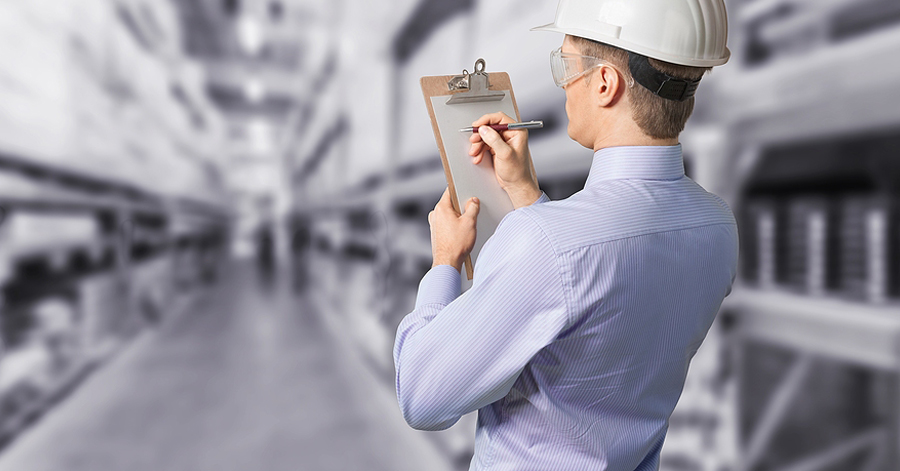Balers play a crucial role in the recycling and waste management industry, helping businesses compact materials like cardboard, plastic, and metal into manageable bales.
Understanding how balers work is essential for companies looking to improve their waste management practices and contribute to environmental sustainability.
This guide aims to provide a clear and concise overview of the operation of balers and their benefits.
Understanding Balers
What is a Baler?
A baler is a machine used to compress and bind materials into compact, easy-to-handle bales. This process not only reduces the volume of waste but also makes it easier to transport and recycle. Balers are commonly used for materials such as cardboard, paper, plastic, and metal.
Types of Balers
Balers come in various designs, each suited to different needs and volumes of materials.
- Vertical balers: These are the most common type for small to medium-sized businesses. They are loaded from the front and operate vertically, making them space-efficient.
- Horizontal balers: Ideal for larger operations, horizontal balers can handle higher volumes and are often automated, allowing for continuous feeding and baling.
- Auto-tie balers: These are advanced horizontal balers that automatically tie the bales, reducing manual labor and increasing efficiency.
How Balers Work
The Basic Process
The operation of a baler involves several steps:
- Feeding material into the baler: Materials are loaded into the baler’s hopper.
- Compression: The hydraulic system powers a ram that compresses the material in the bale chamber.
- Ejecting the bale: Once the material is compacted to the desired size, the bale is tied with wire or straps and ejected from the baler.
Key Components of a Baler
Understanding the key components of a baler helps in grasping how these machines work:
- Hopper: The entry point where materials are loaded.
- Hydraulic system: Powers the compression mechanism.
- Bale chamber: The area where materials are compressed.
- Ejection door: The mechanism that allows the finished bale to be removed.
Safety Features
Safety is paramount when operating balers. Key safety features include:
- Emergency stop buttons: Allow for immediate shutdown in case of an emergency.
- Safety interlocks: Prevent the machine from operating when doors are open.
- Photoelectric sensors: Detect when the bale chamber is full.
Benefits of Using Balers
Balers offer several advantages for businesses:
- Space savings: By compacting waste materials, balers significantly reduce the amount of space needed for storage.
- Cost savings: Reduced waste volume leads to lower disposal costs.
- Environmental impact: Compacting materials makes them easier to recycle, contributing to sustainability efforts.
Choosing the Right Baler for Your Business
Selecting the appropriate baler depends on various factors:
- Material volume and types: Assess the amount and type of materials you need to bale.
- Space considerations: Vertical balers are more suitable for limited spaces, while horizontal balers are better for high-volume operations.
- Budget and operational costs: Consider the initial investment and ongoing maintenance costs.
Maintenance and Safety Tips
Proper maintenance and safe operation are essential for the longevity and efficiency of balers:
- Regular inspection and maintenance: Follow a schedule to ensure all components are in good working order.
- Training employees: Ensure that all operators are trained in safe handling and operation.
- Manufacturer guidelines: Adhere to the guidelines provided by the baler manufacturer.
Contact Nanoia Recycling Equipment for Custom Solutions
Understanding how balers work is essential for businesses looking to improve their waste management and contribute to environmental sustainability.
By compacting materials, balers offer space and cost savings while making recycling more efficient. When choosing a baler, it’s important to consider the volume and type of materials, available space, and budget constraints.
Nanoia Recycling Equipment is a leading provider of comprehensive recycling solutions, including balers, compactors, and crushers. We offer custom solutions tailored to your business needs, ensuring efficient and effective waste management.
For more information or to discuss your requirements, contact us for a custom solution.






